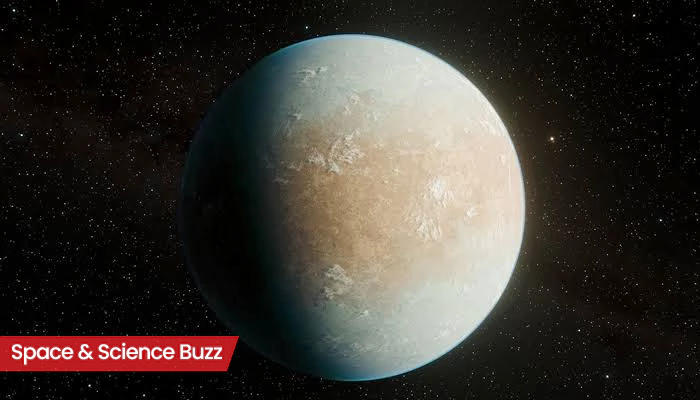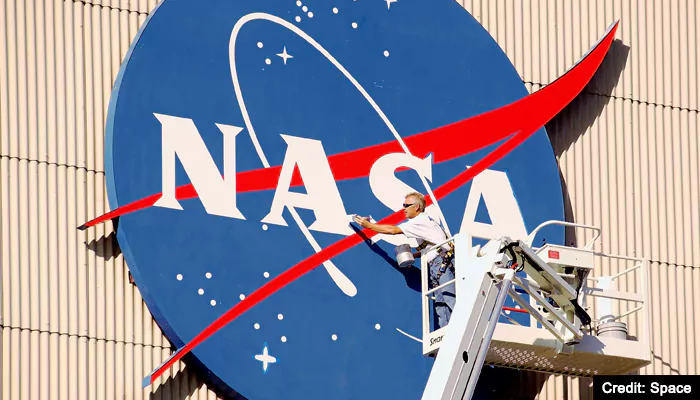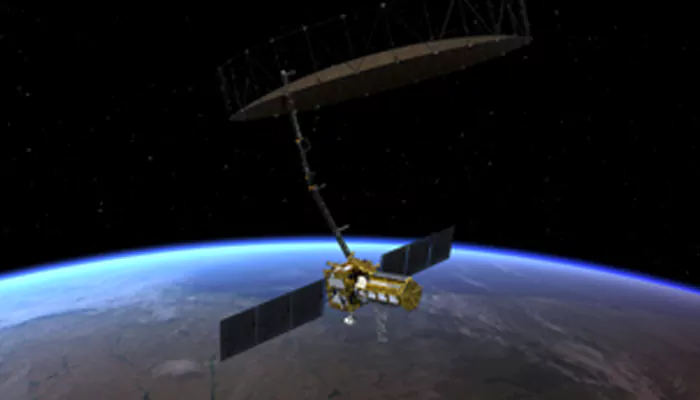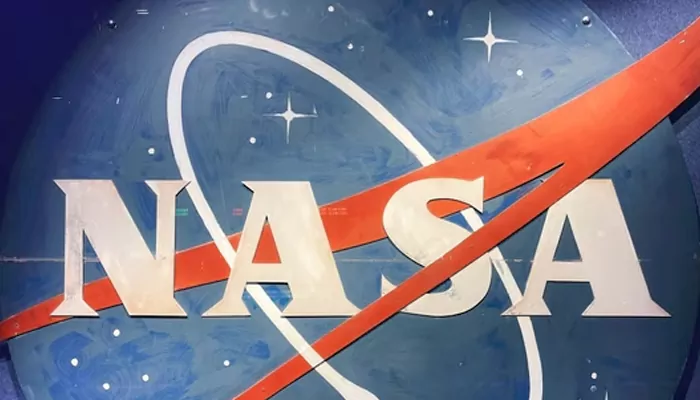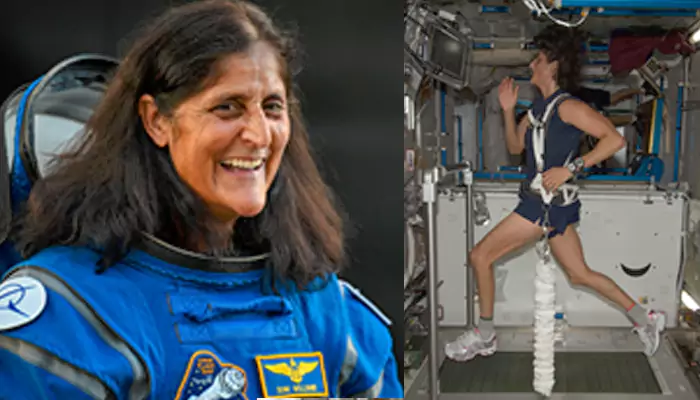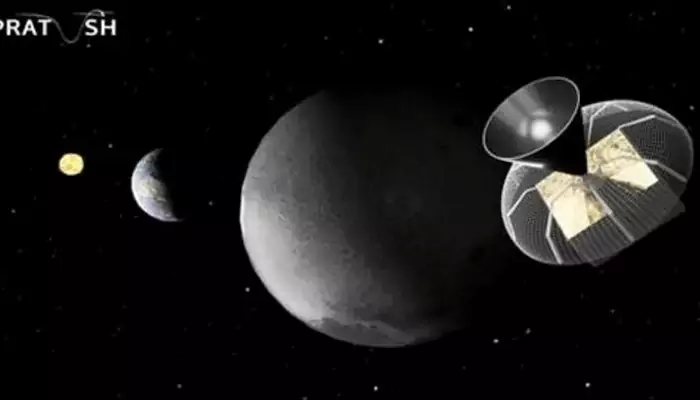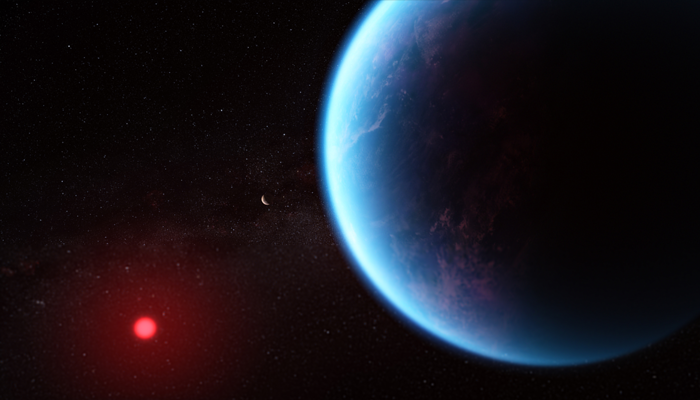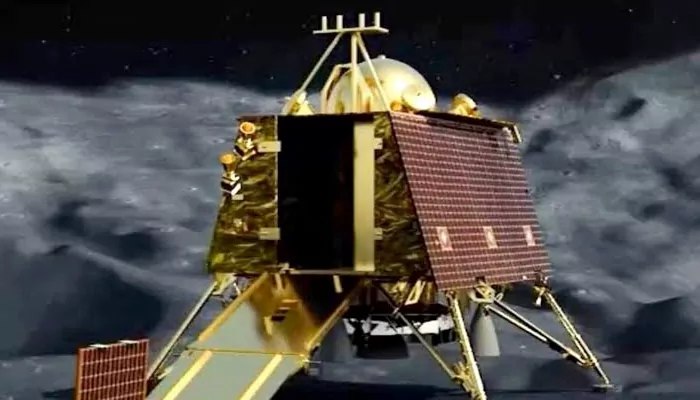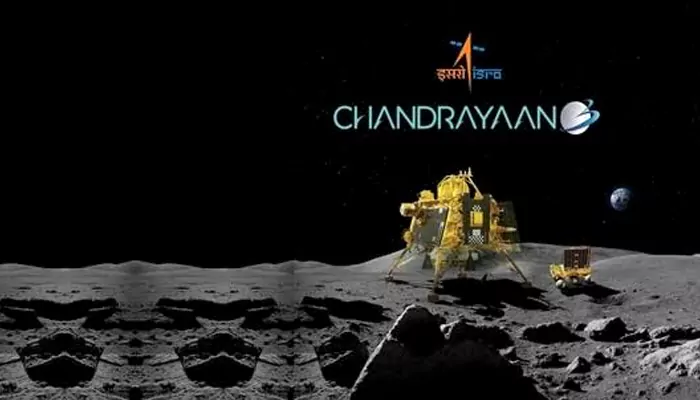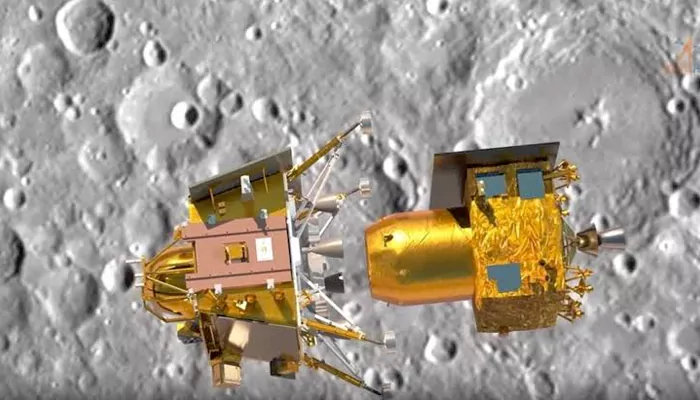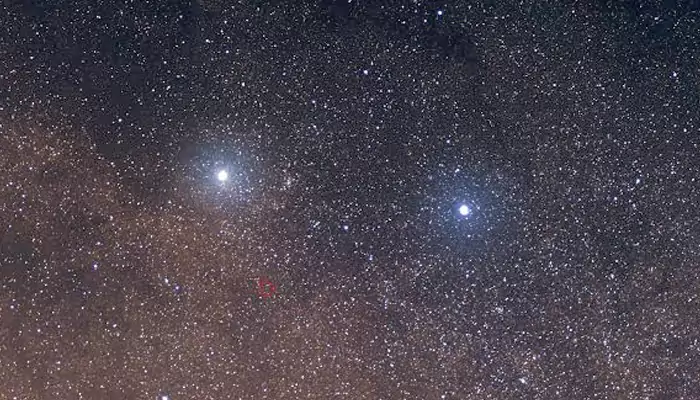
Here are today’s most important updates from the realm of Science and Space.
Space Sprouts: ISRO Makes Farming Possible Beyond Earth
In a landmark achievement, the Indian Space Research Organisation (ISRO) has successfully germinated cowpea seeds in microgravity during the PSLV-C60 POEM-4 mission. The experiment was carried out using the Compact Research Module for Orbital Plant Studies (CROPS), developed by the Vikram Sarabhai Space Centre (VSSC). The module incorporates cutting-edge monitoring technologies to track and analyse plant growth in real-time. These include high-resolution camera imaging, oxygen and carbon dioxide concentration tracking, relative humidity measurement, temperature monitoring, and soil moisture assessment. The CROPS project is envisioned as a multi-phase platform aimed at developing sustainable agricultural practices for extraterrestrial environments.
India’s Robotic Marvel: RRM-TD in Action in Space
🇮🇳 #RRM_TD, India's first space robotic arm, is in action onboard #POEM4! A proud #MakeInIndia milestone in space robotics. 🚀✨ #ISRO #SpaceTech pic.twitter.com/sy3BxrtRN1
— ISRO (@isro) January 4, 2025
Credit - X/@isro
The Indian Space Research Organisation (ISRO) has showcased its first-ever space robotic arm, RRM-TD, in action aboard the POEM4 platform. A short clip shared by the space agency shows the robotic arm's precise movements and various operational stages as it works in space. Throughout the sequence, the arm's precise and controlled movements showcase its functionality in space. The POEM4 mission, part of the PSLV-C60 SpaDeX mission, uses the fourth stage of the Polar Satellite Launch Vehicle (PSLV) to create a special platform for scientific experiments.
From Science to Hope: Revolutionary Nerve Therapy for Depression Revealed

Scientists have developed a new approach to alleviate symptoms of severe depression by targeting a specific nerve. The study showed that stimulation of the vagus nerve, which has connections to various organ systems and brain regions, including those linked to mood regulation, can help with depression among individuals. After the treatment, a significant proportion of the participants showed a marked reduction in depressive symptoms. While the results of the study are encouraging, it is highly unlikely that it could go mainstream. The cost of the device and surgery to implant it could be unaffordable for the majority as private insurance plans do not cover it.
Jeff Bezos Aims for the Stars: Blue Origin's Orbital Debut Awaits

Blue Origin, the space company founded by Amazon's Jeff Bezos, is set to launch its first orbital rocket next week, marking a significant development in the commercial space race currently led by Elon Musk’s SpaceX. The rocket, named New Glenn, is scheduled to launch from Cape Canaveral Space Force Station in Florida around 1:00 a.m. (0600 GMT) on January 8, with a backup window on January 10, as per a Federal Aviation Administration advisory. The NG-1 mission will carry a prototype of Blue Ring, a Defense Department-funded spacecraft designed as a versatile satellite deployment platform. This spacecraft will remain on the rocket's second stage for the duration of the six-hour test flight.

